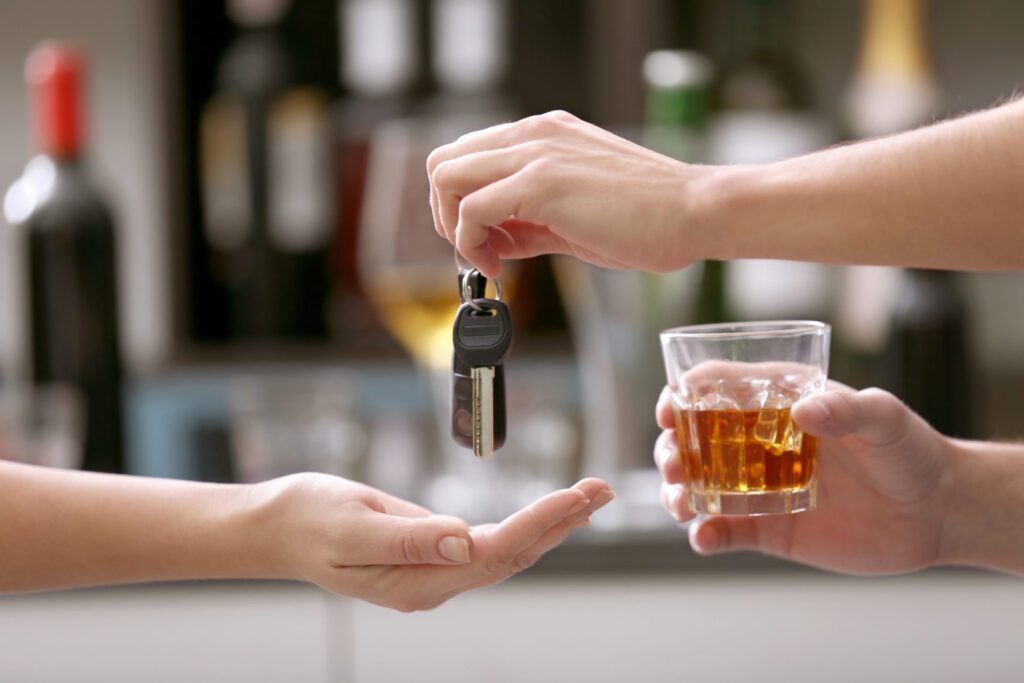Maine has an implied consent law that levies an automatic license suspension on anyone who refuses a police officer’s request that they take a blood alcohol content (BAC) test after being pulled over. The purpose behind these implied consent laws is to prevent driving under the influence (DUI) suspects from refusing BAC testing, and push them into giving important evidence to law enforcement.
Nevertheless, some people still refuse BAC testing when they get pulled over, choosing to take the automatic license suspension, rather than risk a DUI conviction. However, in an updated survey conducted by the National Highway Traffic Safety Administration (NHTSA), not very many of them live in the state of Maine.
Survey Explores Where People Refuse BAC Testing
Each state has its own set of DUI laws, with its own scheme of penalties for first, second, and third offenders, as well as its own implied consent law that penalize people who don’t submit to a BAC test after being pulled over. Additionally, as anyone who has lived in multiple regions of the United States can attest to, every state has its own unique culture.
Together, these factors impact how often people refuse a BAC test after being pulled over on suspicion of drunk driving. The NHTSA, which had periodically surveyed how often drivers refused a BAC test, recently updated their findings, using data from the most recent year available, 2011. Unfortunately, because each state has their own way of compiling these numbers, only 45 states were included in the survey, and the numbers in the report are likely not perfect. However, the report provides some valuable insight into the general trend of BAC test refusals.
Maine’s BAC Refusal Rate One of the Lowest in the Country
According to updated figures by the NHTSA, Maine has one of the lowest rates of BAC refusals in the country, with a mere 5% of those pulled over for DUI in 2011 refusing to take a BAC test. This is far below the national average, which was 24%. Florida and neighboring New Hampshire had the highest BAC refusal rates in 2011, at 82% and 72%, respectively.
Overall, though, the NHTSA’s survey found that the national average for BAC test refusals was creeping upwards. In its last survey, in 2005, the national average had been 22%. The slight increase is likely because of the increasingly draconian DUI laws that have been getting passed in states nationwide, pushing more and more drivers to choose an automatic license suspension over a possible DUI conviction.
Maine DUI-Defense Attorney William T. Bly
Getting pulled over for DUI can mark the beginning of an incredibly stressful time in your life. Even if you elect to refuse a BAC test, violate Maine’s implied consent law, and take an automatic license suspension, you could still find yourself facing a DUI charge.
Having a DUI-defense attorney, like William T. Bly, on your side throughout the process is the best way to ensure that your rights and interests are protected. Contact his law office online or at (207) 571-8146.


